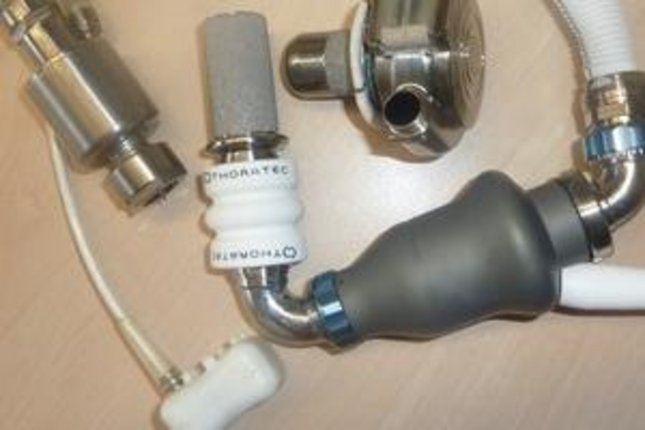
Mechanical circulatory support (MCS) saves the lives of thousands of heart failure patient worldwide, annually. Long-term MCS of heart failure patients more and more replaces heart transplantations, since its success rate is equally good, and donor hearts are in short supply. The treatment consists of the implantation of a small pump, which pumps blood, in parallel with the left heart chamber, into the aorta, thus unloading the diseased heart. With its success, long-term follow up strategies for possible long-term complications are now gaining interest. To assess the condition of an MCS patient with a Left Ventricular Assist Device, or LVAD, medical engineer Kim Pennings, together with cardiologists and surgeons from UMC Utrecht and AMC, has devised a method to measure LVAD function and remaining heart function, based on mathematical models describing dynamic LVAD function in combination with the patient’s heart and circulation. This method will tell the cardiologist what the level of functioning of the patient’s native heart is, and may be used for further treatment planning. To get an overview of the progress of the project please have a look at the following poster Estimation of left ventricular pressure in patients with a continuous flow LVAD - Kim Pennings.
The beneficial effect of an Intra-Aortic Balloon Pump, or IABP, on patients with acute myocardial infarction due to a narrowed coronary vessel, and poor reperfusion after successful removal of the narrowing, has been shown by Stephanie Schampaert (PhD thesis: Schampaert 2014). In her research, she showed the immediate effect of IABP support on ischaemic hearts with poor oxygen supply. Her findings are now being tested in a clinical trial.
Selim Bozkurt (PhD thesis: Bozkurt 2014) transformed the commonly used steady flow LVAD into a dynamic flow LVAD, thus showing the beneficial effect of pulsatile support over steady flow support, on aortic valve behaviour and perfusion rates, in a laboratory study. His findings are being elaborated in further studies before going to the clinic.